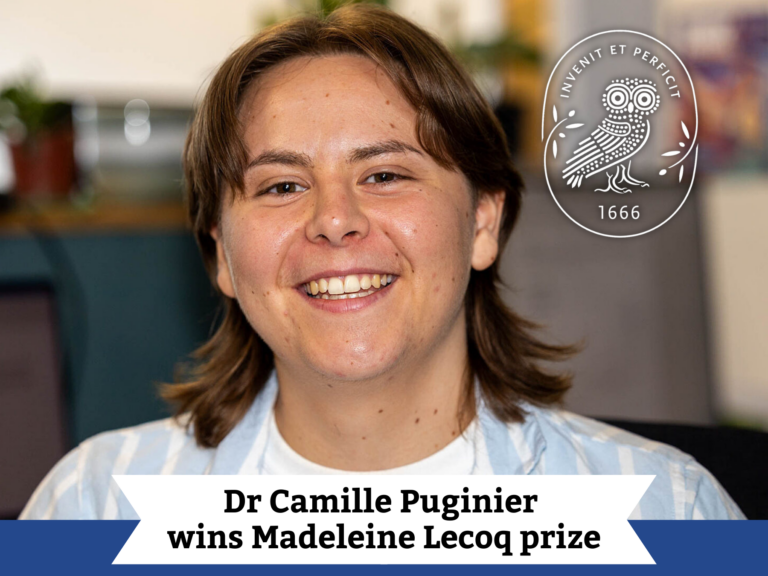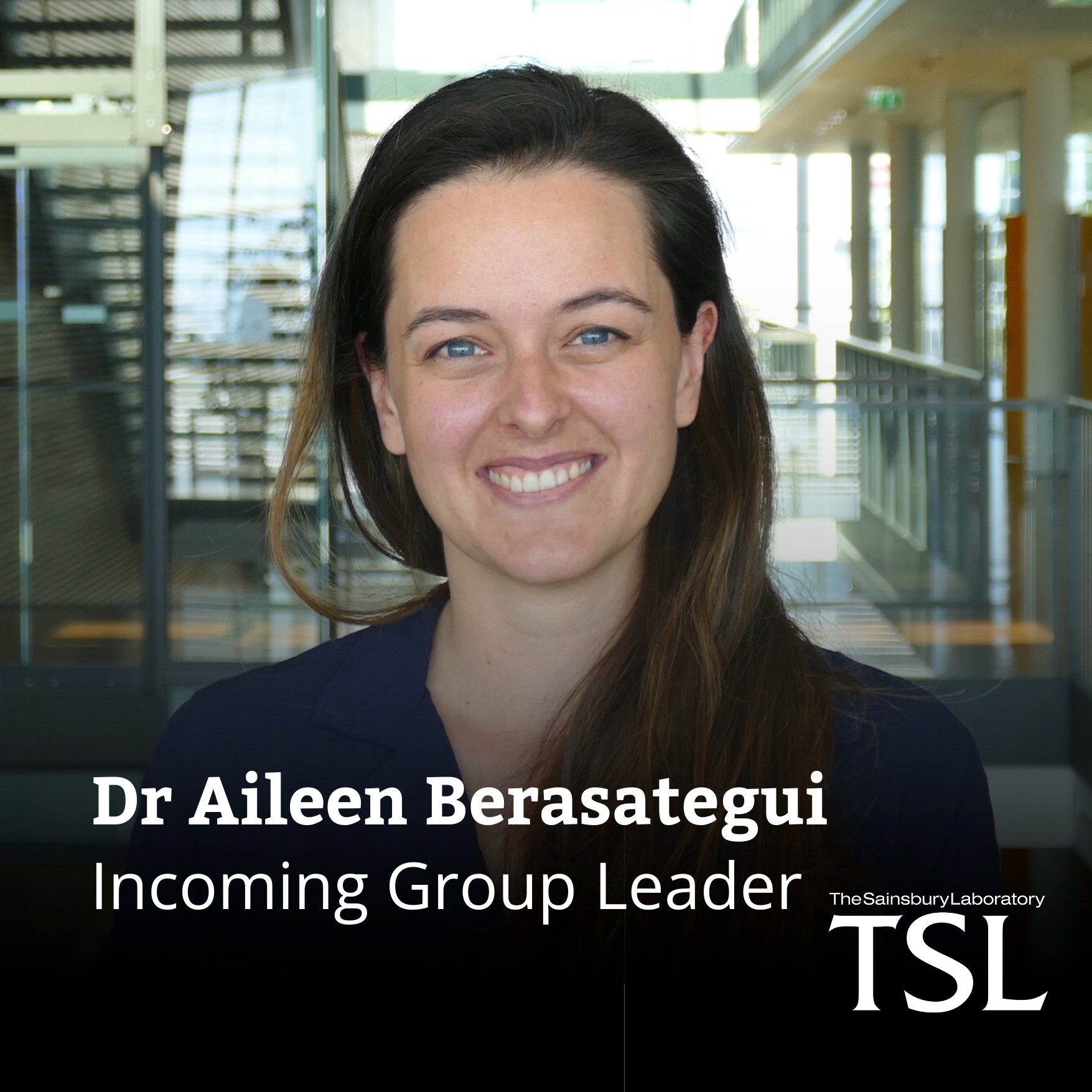TSL Technician Commitment
Supporting our support staff
The Sainsbury Laboratory (TSL) has always prided itself in producing excellent research. It is without a doubt that the Laboratory’s success stems out of a strong foundation of highly skilled technical staff who tirelessly facilitate our experiments. Our researchers can be forward-thinking and adventurous in their ideas because they know they can rely on our technicians’ expertise and commitment to produce accurate and consistent results.
“I just love helping people.” says Dr Adeline Harant, Research Assistant in the Kamoun Lab when asked why she shifted to a support role after her PhD. “There were times during my own research where both my experiment and my sanity were saved by a kind and driven laboratory technician. I hope to be that person for the staff and students at TSL.”
The Technician Commitment was drafted in response to a growing concern that valuable technical skills were being lost as support staff retired. Due to the lack of formal technical qualifications in the UK, it was becoming clear that technical expertise needed more visibility, recognition and career development through professional registration and clear, documented career pathways. This would help ensure the future sustainability of technical skills across research institutes.
The Sainsbury Laboratory signed the Technician Commitment in 2017 and put together an action list to improve on those four key areas:
- Visibility – ensuring that all technicians within our institute are identifiable and that their contributions are visible within and beyond the institute.
- Recognition – supporting technicians to gain recognition through professional registration and external award schemes.
- Career Development – enabling career progression opportunities for technicians through the provision of clear, documented career pathways.
- Sustainability – ensuring the future sustainability of technical skills across the institute and that technical expertise is fully utilised.
Adeline will be the new chair of The Sainsbury Laboratory’s Technician Committee which aims to unite technical staff and help ensure that the action items are set into motion.
“My hope is that by fostering stronger connections between the technical staff at The Sainsbury Laboratory we will make quick progress on these action items. I think there is great potential for the TSL Technician Committee to facilitate the sharing of skills between peers, increase our visibility in the research we’re involved in, and take advantage of training opportunities and conferences.” she says.
Dr Simon Foster, laboratory manager and TSL Technician Commitment Lead, says: “Technical and support staff are the unsung heroes of many research successes. Through the Technician Commitment we will ensure that the vital role played by our technical and support staff is recognised and broadcast loud and wide. We will also improve skill retention, training new technicians through initiatives such as apprenticeships and the new T Level qualifications”.
Prof Nick Talbot, Executive Director of The Sainsbury Laboratory says: “Our technicians and support staff are an integral part of our research community here at TSL. Not only do we rely on their expertise and diverse skill sets for our research, but also the critical role they play in equipping our students and early career researchers with the necessary skills and knowledge for a successful scientific career. We are fully aligned with the goals of the Technician Commitment in improving the support and sustainability of our technical and support staff and want to ensure they get the recognition they deserve as a valuable skills resource in our laboratory.”
Adeline believes that the one thing all technicians have in common is a drive to help others in their work.
“I also want people to recognize that even though the technician route is a different career path to becoming an academic, it’s not a less ambitious journey. Technicians can become sought-after specialists in their fields or even head support teams in laboratories.” she says. “This job requires continuous learning and daily problem-solving. It’s a very fulfilling option for those pursuing careers in science.”
About The Sainsbury Laboratory
The Sainsbury Laboratory (tsl.ac.uk) is an independent research institute that focuses on plant health for a sustainable future. It makes fundamental scientific discoveries in molecular plant-microbe interactions and applies these to reduce crop losses caused by plant diseases, particularly in low-income countries. Around one hundred and twenty staff and students work and study at the Laboratory which is located on the Norwich Research Park, United Kingdom. The Laboratory is generously supported by the Gatsby Charitable Foundation and by the University of East Anglia, wins competitive grants from the BBSRC, ERC and other research grant funding bodies and, for some research programmes, is funded by commercial companies. Established in 1987, highlights of The Sainsbury Laboratory include: discovery of RNA interference in plants by Prof. Sir David Baulcombe FRS as recognised by the Lasker Award and the Wolf Prize in Agriculture, discovery of the first immune receptor in plants by Prof. Jonathan Jones FRS, three current Group Leaders are Fellows of the Royal Society, and five researchers who have been on the Highly Cited Researchers list of top 1% scientists in the world since 2018.


